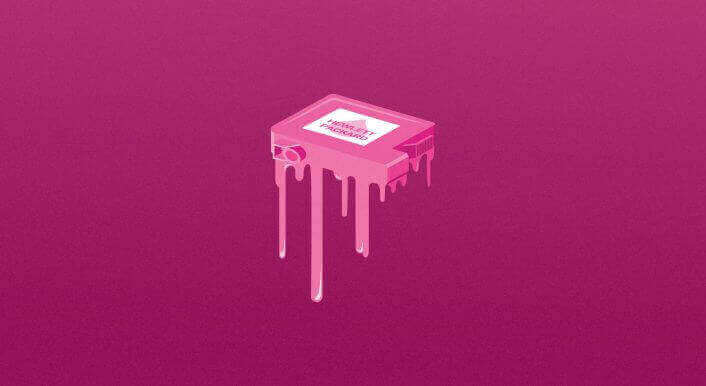Sofas and Car Bombs
The Russian spy service (FSB) and the Prosecutor General’s Office of the Russian Federation also work hand in hand in the corruption scandal surrounding the furniture store. The case has been contested all the way to the European Court of Human Rights

In August 2000, Russian customs officials discover that the import documents for 400 tons of Italian furniture are falsified. Both the weight and the value of the furniture are declared as much too low, say investigators. They estimate the damage to the Russian state at around seven million Euros.
In September 2000, the customs official Pavel Saitsev opens an investigation – and hits a wasp’s nest. A security advisor to the furniture company has close connections to the Russian spy service, up into the direct vicinity of Nikolai Patruchev, a confidante to President Vladimir Putin.
One month later the man we know for his unpleasant rasping voice, First Deputy Prosecutor General Yuri Biryukov, halts the investigation. Prosecutors confiscate documents and intimidate the customs official. He recounts the events in a telephone interview with CORRECTIV. „I was threatened in the public prosecutor’s office. My safety and the safety of my family were at stake“, he said.
Biryukov accuses the customs official of abuse of authority. He says that Saitsev authorized searches and had suspects imprisoned without permission from the public prosecutor. And so Saitsev himself must face a judge.
Her name is Olga Kudeshkina. She wants to thoroughly investigate the allegations against Saitsev and will not be pushed to a decision. The judge later tells the European Court of Human Rights that Deputy Prosecutor General Biryukov intervened in the case at the Moscow City Court. The case is taken away from her. Later she is forced to leave her position. In 2009, the European Court of Human Rights grants the ousted judge compensation. A press officer at the Moscow City Court responded to an inquiry from CORRECTIV saying it was untrue that the court was pressured.
This doesn’t help the customs official Pavel Saitsev. Another judge convicts him, sentences him to a suspended prison sentence, and Saitsev loses his job.
These are the years in which President Putin is only beginning to consolidate his authoritarian rule. There are still some independent members of the Russian parliament, the Duma. Yuri Shchekochikhin, a member of parliament with the oppositional Jabloko Party, picks up the case. Shchekochikhin is a writer and journalist. Breaking a taboo, he wrote a book about organized crime in Soviet times, inciting discussion about the influence of criminal groups in Russia.
Shchekochikhin initiates an investigation into the scandal. He uncovers the connection between the Prosecutor General’s Office and the spy service. Along with two other MPs, he calls for a parliamentary investigation. Putin finally has to appoint a special investigator and the case is withdrawn from the Prosecutor General’s Office.
Shchekochikhin soon receives death threats. On July 2nd 2003, he openly calls Deputy Prosecutor General Birjukow the „gray eminence“ of the corruption scandal. The member of the Russian parliament then plans a trip to the USA to gather additional information. Shortly before leaving Shchekochikhin comes down with a strange sickness. Two weeks later he dies an agonizing death. To this day it is unclear what killed Shchekochikhin.
Other investigators also pay a price for their curiosity. The head of an investigative unit within the customs authority is murdered in February 2002. Another investigator is beaten up the next day. A car bomb blows up the vehicle of a further investigator.
In the end, the owners and some employees of the furniture chain Three Whales („Tri Kita“) are convicted. Some members of the customs authority, the spy service and the Interior Ministry lose their jobs.
But important figures in the case remain untouched. Nikolai Patruchev, then head of the FSB spy service, now heads the National Security Council of the Russian Federation. Deputy Prosecutor General Yuri Biryukov, who appears to have pulled the strings behind the scene in this case, is called to the Senate in 2006 where he enjoys immunity to this day. The Russian Presidential Office, the Russian Prosecutor General’s Office and the spy service FSB as well as the furniture company Tri Kita have not responded to inquiries from CORRECTIV about this case.
In the Russian media, Biryukov has denied any involvement in the Tri Kita case. As of publication, he has not responded to an inquiry from CORRECTIV. Saitsev is rehabilitated in 2009, but never returns to the state service. Today he works as a lawyer.
German-English Translation: Noah Walker-Crawford
Copy Editor: Ariel Hauptmeier
In Cooperation with RTL und Mediapart.

